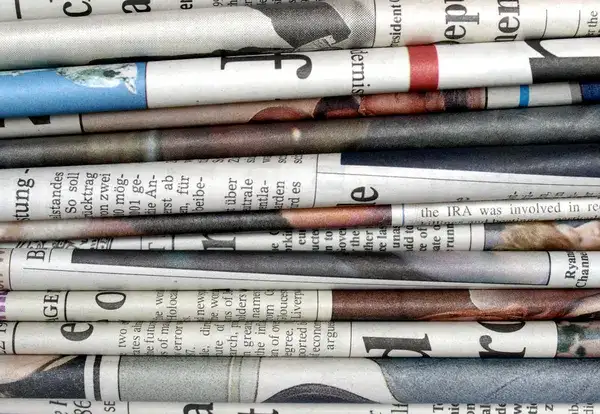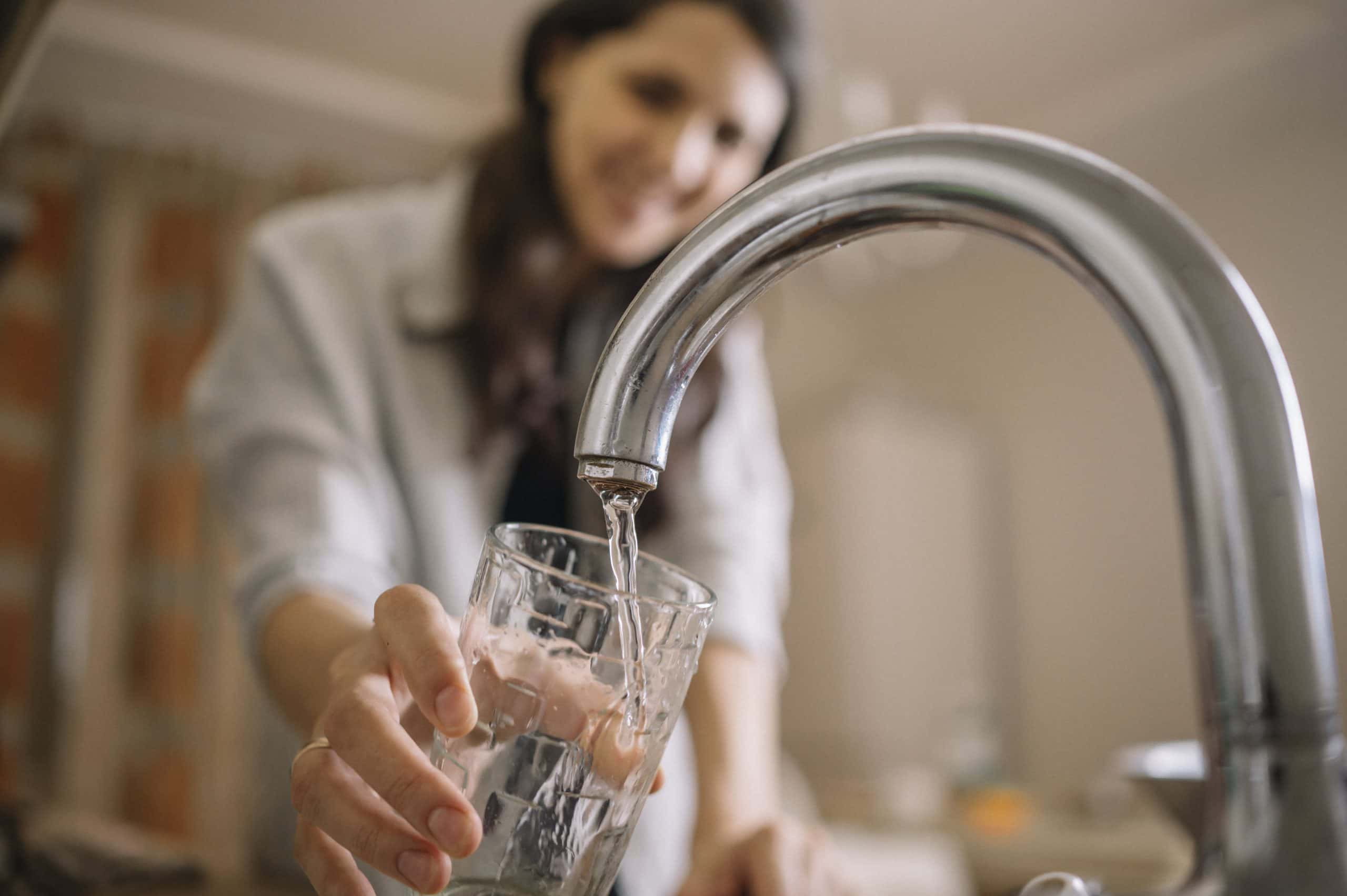You may have heard of Fiji Water, a bottled water brand that originates in Fiji and is distributed worldwide. The artesian aquifer of Viti Levu is the source of the water, according to promotional brochures.
The Fiji Water corporate office is located in sunny Los Angeles. Sizes range from 330 ml to 700 ml to 1 l to 1.5 l (0.22 imp gal to 0.26 US gal).
History
Formed in 1996 as Natural Waters of Viti Ltd., Fiji Water was initially the brainchild of Canadian entrepreneur David Gilmour.
In 2004, Roll Global, now called The Wonderful Company after its founders Stewart and Lynda Resnick, purchased Fiji Water from Gilmour for an estimated US$50 million. Teleflora, POM Wonderful, and Suterra are also owned by the Resnicks’ holding business.
Fiji Water’s 2009 Sales Amounted to $85 Million
Fiji Water bought Justin Vineyards & Winery in Paso Robles, California, US, at the end of 2010 in an effort to spread the Fiji name to other beverage and food items. It’s known for its Bordeaux and Syrah wines, both of which are made in California and exported around the world.
One of Fiji’s major exports is bottled water, as reported by the CIA’s World Factbook. The mineral water industry has reportedly contributed over $100 million to the national economy, as reported by New University at the University of California, Irvine.
Read More: Joel Osteen Controversy: Why Is Joel Osteen Somewhat Controversial?
The Water Industry Hasn’t Been without Its Critics
One University of Montana researcher who studied locals’ opinions on the bottled water industry said, “The Fijian government and Fijian citizens may eventually be forced to choose between the short-term economic gains brought by the bottled water industry and the long-term environmental destruction and changes to their traditional ways of working and living.”

Furthermore, Fast Company has highlighted the irony of a state-of-the-art plant pumping out bottles of water in a country where many people lack access to potable water.
NPR reports that a California couple bought FIJI Water in 2004. (they also own flower delivery service Teleflora and beverage company POM Wonderful).
Sales of $150 million per year out of a total industry value of $15 billion (through World Atlas) show that FIJI Water has a commanding presence in the American market relative to its competitors. The query “Does that actually come from Fiji?” was listed as the number one question asked of American workers by Fast Company in 2007.
A Contentious Water Source
Water for FIJI Water comes only from the Yaqara Valley on the island of Viti Levu in Fiji. According to Globe Water, the term “artesian” refers to the fact that the water was extracted via a well or borehole rather than being drawn directly from the ground. This type of subsurface reservoir is called an aquifer.
The company makes these assertions in a promotional video series that shows the water collection process in action: “The substance in question goes beyond simple hydration. Authentic Fijian water, “that this secret water is somehow unique.
To effectively depict the flow of water from cloud to natural aquifer, FIJI Water commissioned award-winning composer Hans Zimmer to create original music for the ad.
In one video, it is shown how rainwater is purified by passing it through several hundred feet of volcanic rock before being bottled and sold. However, the corporation has been criticised even in the face of these inspirational videos.
Vox, for one, claims that such advertising initiatives are deliberate, just as the brand rep who posed behind A-list celebrities at the 2019 Oscars to promote water consumption.
Read More: Ellie Kemper Controversy: Adolescent Pageant With A Background
Cleveland
The slogan “The label says Fiji because it’s not bottled in Cleveland” was featured in a 2006 ad campaign for Fiji Water. The water department in the American city took this as an insult.

Cleveland’s tap water and a few other national bottled brands were tested alongside a bottle of Fiji Water. It was reported that there were 6.31 micrograms of arsenic per litre in Fiji Water, but there were none in Cleveland’s tap water.
The arsenic level in Fiji Water bottled in November 2014 was reported to be 1.2 micrograms per litre in a company-conducted test in 2015, which is well below the FDA standard of 10 micrograms per litre.
For more updates, keep visiting – pelhamplus.com



